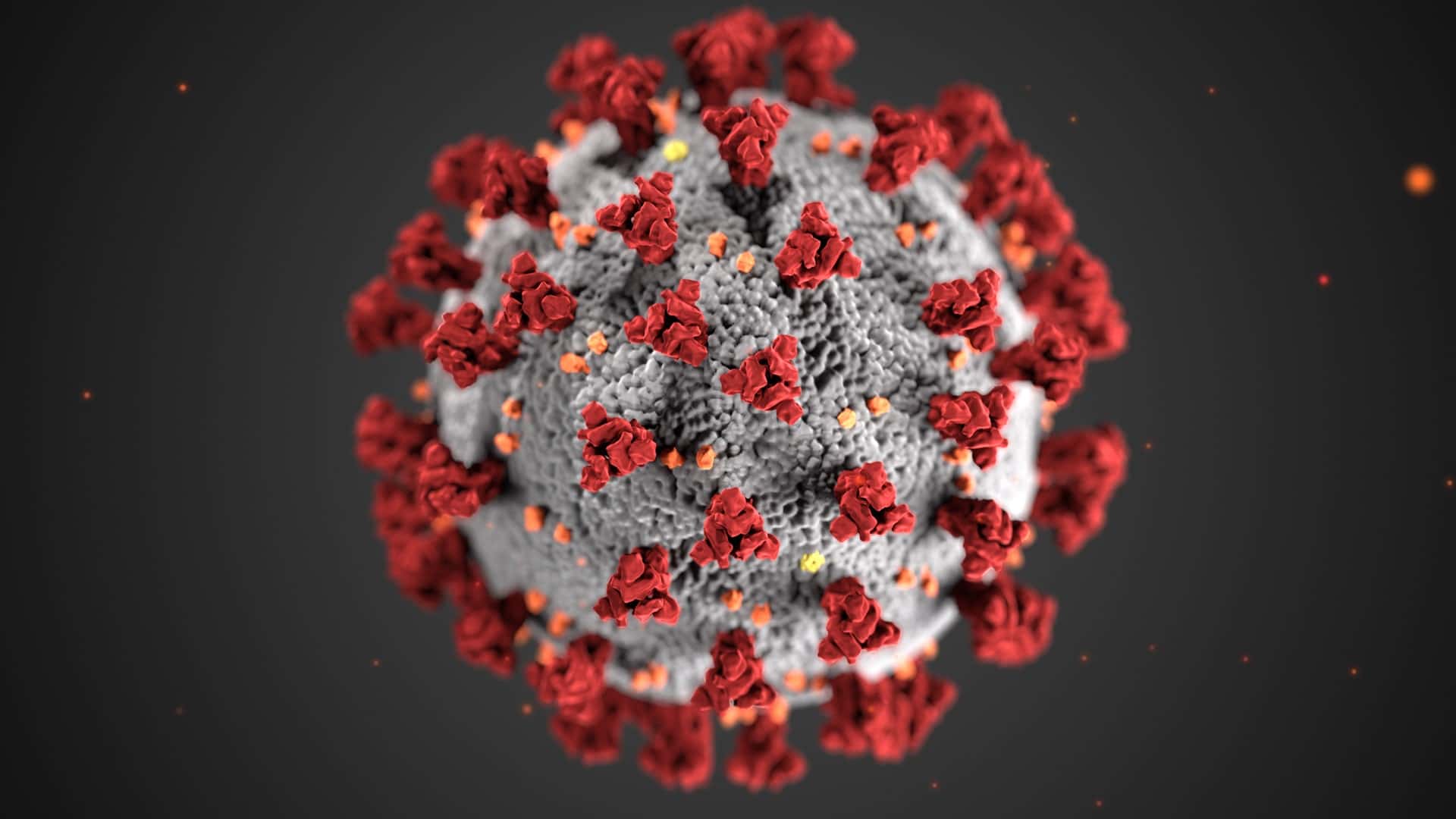Are currently available T-cell tests reliable in predicting previous SARS-CoV-2 infection?
Funded by the National SciLifeLab-KAW COVID-19 Research Program, sciLifeLab researchers from Uppsala University, KTH and Karolinska Institutet have, under the umbrella of the COMMUNITY study, investigated if existing T-cell tests can be used to accurately determine if people have previously been infected with SARS-CoV-2.
“We’ve seen that companies sell tests for the purpose of measuring T cell immunity against COVID-19. It’s not common for T-cell tests to be used in clinical diagnostics, but they are useful for research purposes. Thus, we decided to see if the data from the COMMUNITY study, where we have measured antibodies in a large longitudinal cohort study since the start of the COVID-19 pandemic, and also performed T cell studies in sub groups , could give us information about how well these tests perform at an individual level”, says Sara Mangsbo (SciLifeLab/Uppsala University), in a press release from Uppsala University.
In the study, published in the scientific journal PLOS ONE, the researchers analyzed the T-cell response to various peptide compositions. The results showed that commercial peptide pools produced divergent results, meaning there is a risk of false-positive results using these broad peptide pools. This could be explained by the fact that peptides could activate memory T-cells originating from common colds, which are endemic corona viruses, but distinct from SARS-CoV-2.
When avoiding peptides that could potentially lead to these cross-reactive responses, the researchers found that the specificity of the test increased, and the occurrence of false-positive responses decreased. Simultaneously, however, the sensitivity of the test (the ability to detect true positive responses) declined.
“Here, we used samples from the COMMUNITY study, which enrolled participants in April and May 2020, enabling us to follow these individuals over time throughout the pandemic. Repeated blood samplings from early in the pandemic gives us confidence that the presence of antibodies, which are measured regularly, can give us information about whether the subjects have had COVID-19 or not”, Mangsbo says.
“In the follow-up study, the participants with a relatively mild initial disease clearly didn’t always have measurable SARS-CoV-2 specific T-cells in blood, but a larger portion of those with a more severe disease had measurable SARS-CoV-2-specific T cells in blood and over a longer period of time. The correlation we found between disease and a measurable T-cell memory response in blood isn’t entirely unexpected; but important to establish, since the use of T-cell tests has been a matter of public discussion for numerous reasons,” she continues.
“It’s also important to say that blood doesn’t always contain the amount of memory T cells required to enable a test to detect SARS-CoV-2-specific T cell responses. But cells residing in tissues, which aren’t measurable by means of a blood-based test, may have a part to play in how ill people get during an infection”, Charlotte Thålin (KI/DH), principal investigator of the COMMUNITY study at Danderyd Hospital and Karolinska Institutet, adds.
“T-cell tests will continue to have an important part to play in SARS-CoV-2 research, but probably a smaller one in diagnostics and at an individual level” says Charlotte Thålin.
Work to develop a specific SARS-CoV-2 peptide mix has been carried out in collaboration with Pierre Dönnes and SciCross AB. Peter Nilsson and Sophia Hober (SciLifeLab/KTH) measured the antibodies over time.
finansieringen kommer från Knut och Alice Wallenbergs stiftelse, via SciLifeLab.
The research was supported by grants from the SciLifeLab and KAW National COVID-19 Research Program, financed by the Knut and Alice Wallenberg Foundation





